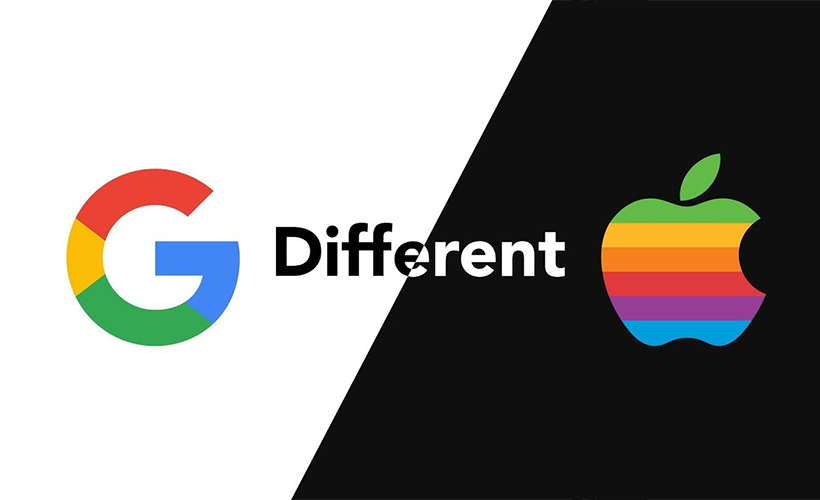
Why Apple hates Google [Video]
Video uploaded by CNET on July 27, 2021
Once Upon a Time or The More Things Change: the Story of Apple and Google
Oh yes, once upon a time indeed. That deep-seated squabb… sorry, disagreement between Apple and Google has been going on for such a long time by now that it has become sort of a fixture in people’s minds. Many of us sincerely believe it was always this way. At least, from the dawn of the digital era. Well, little do they know…
So perhaps, it’s time to clear some things up, if only to make more of us ready for a possible surprise or two those companies might spring on us in the future. And in order to do so, we have to reveal to all of you who don’t yet know that no, it was not always like that. It may come as a shock to some, but less than 15 years ago (an eternity in terms of modern tech developments, granted) these two were the best of pals. Their respective CEOs – Google’s Eric Schmidt and Mighty Steve himself – appeared at each other’s company functions, slapped each other on the backs (sometimes literally) and praised each other’s products to high heaven. They even exchanged host… sorry, executives: Arthur Levinson of Apple sat on Google’s board and the aforementioned Google boss was welcomed to Apple’s. As was Al Gore, whose associations with Google are well known and publicized.
More importantly, as far as business as concerned, the actually used each other’s products: again, believe it or not, but Apple had nothing against Google apps at the time (well, the fact that the Appstore didn’t yet exist then might have to do something with it, but still).
So what changed, what happened, might you rightly ask. Even though many of you have probably gathered as much, haven’t you? Yes, exactly. At the start of 2007, the iPhone happened. Apple’s pride of joy, the first mobile phone ever to ditch a physical keyboard and go completely touchscreen.
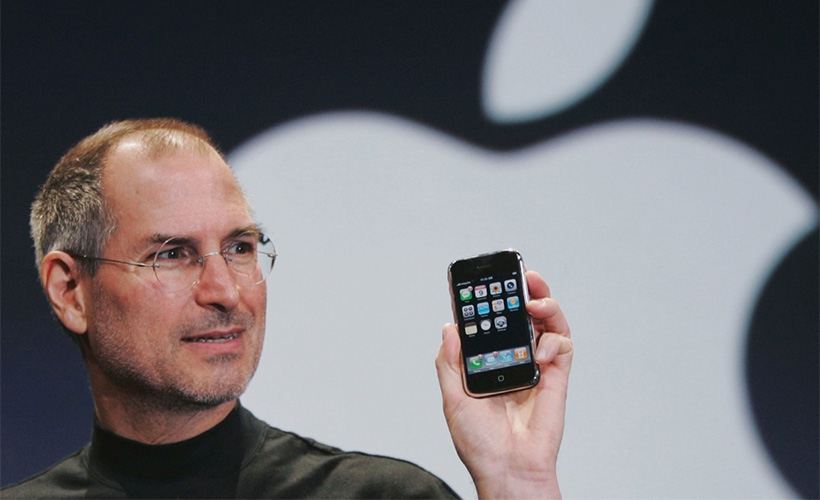
At the start of 2007, the iPhone happened. Apple’s pride of joy, the first mobile phone ever to ditch a physical keyboard and go completely touchscreen.
Though, to be precise, it was not the problem for the two major players’ relationship, in and of itself. They remained buddies for almost a year since then, and Google went on to provide Apple’s new sensation with its goods, putting Google Maps on the first ever iPhone and even creating a search engine geared specifically for it. And Apple in turn was only too happy to accept this mobile engine as iPhone browser’s default. (Mind you, they had a good objective reason to work that symbiosis at the time: while Google’s mobile applications had no equals at the time, they were a tad too good for any other mobiles than those by Apple. Only the iPhone could cope with these programs and services, down to those money-churning ads.
No, the actual rub lied in the fact that the iPhone didn’t happen alone. Which, coming to think of it, was only to be expected: such is the world of the markets, wherever there’s success, there is competition. But apparently, Jobs genuinely expected that Google would be honestly and meekly satisfied with the role of software vendor to Apple’s breakthrough model. (Or genuinely didn’t believe in Google having the chops to become an actual Apple’s rival in this field). So much so that even the first news of Google’s Android preparations for a phone quirky named Sooner didn’t bother him in the slightest.
Of course, it shouldn’t have, either. In respect of Sooner development, it was rather Microsoft, with their already on-sale Windows Mobile, who had real grounds to worry. Sooner’s design included a quite prominent physical keyboard much like Mobile and Blackberry’s, taking about as big a part of the device’s surface. Thus, it was not nearly a threat to the iPhone’s sleek full front screen.
Which is probably why Google made no secret of it… as opposed to another, much-less (to the point of not at all) reported and much more ambitiously named project along the similar lines: the Dream. The one that in the end, in the form of HTC Dream (or, more officially, T-Mobile G1, first unveiled in 2008 in New York), started the line of iPhone’s main and real rivals.
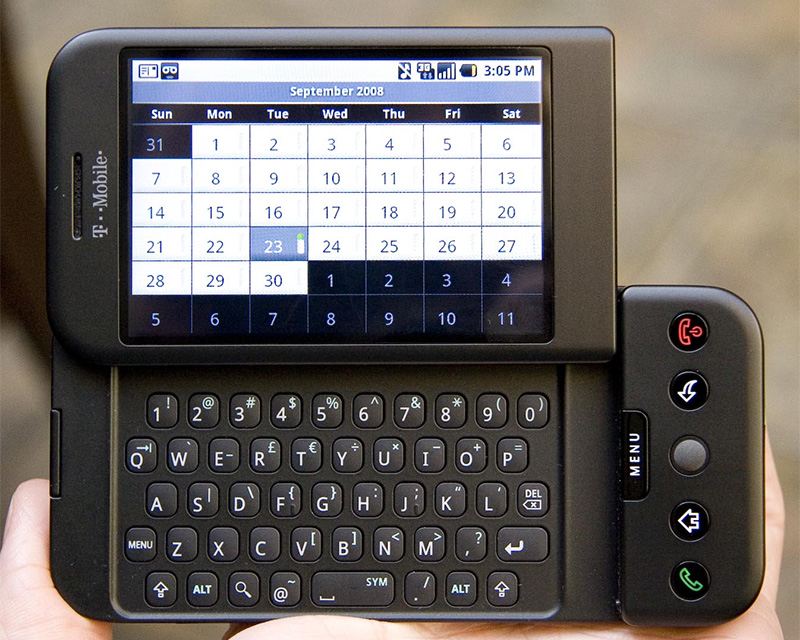
The one that in the end, in the form of HTC Dream (or, more officially, T-Mobile G1, first unveiled in 2008 in New York), started the line of iPhone’s main and real rivals.
And the one that caused Steve Jobs to go as far as personally barging into the Google’s offices and and screaming at some executives for showing the Apple people the “wrong” Android (that very ill-fated Sooner, of course, and since it ultimately never made an actual appearance, Mr Apple may have had a point about Google being, well, not entirely ingenuous with Apple; whether it was all that smart to expect such a thing in the dog-eats-dog big business world is another matter entirely).
So that is how the scene was set for that already-legendary and status-quo-esque all-out war between the digital titans. The executives’ exchange was rendered null and void (Schmidt and Levinson both left their respective frenemies’ board, returning to their respective folds), and that familiar road, with all the necessary elements, from accusation matches and lawsuits to two-timing and underhanded techniques, was taken.
Mind you, Google appeared to feel the shoe-pinching a bit, judging by their response. It was mostly Apple who went on the offensive, threatening their opponents with taking them to court (and going through with it once, though not against Google technically, but against their hardware ally HTC, which fooled no one, of course), publicly announcing the plans to finish Android once and for all (while claiming at the same time that it was Google who aimed to destroy iPhone) and accusing Google of daylight robbery. It was Apple who refused any form of compensation, as Jobs told Schmidt face to face in no uncertain terms, demanding that Google keep away from iPhone’s concepts (and they did, to a point, by refraining from the use of some Apple-proprietary gesture features in the Dream). And it was Jobs that trashed Google’s “Don’t Do Evil” slogan loudly enough, sending quite a few choice words their way even at Apple’s official occasion in 2010. And even when the Android shutdown plan slowly but surely disappeared from Apple’s agenda and they started treading “the stolen product” as a legitimate competitor, they did it with all guns blazing, too. Like when they pressed the issue of privacy, promoting the idea of their product being incomparably safer in that department than anything Google could offer, and used some quite intense “destruction” images in their ads. (Which looked a bit ironic, considering that they still were freely and willingly giving their customers access to Google’s oh-so-unsafe products because of, yes, advertisement Google provided for Apple’s own goods).
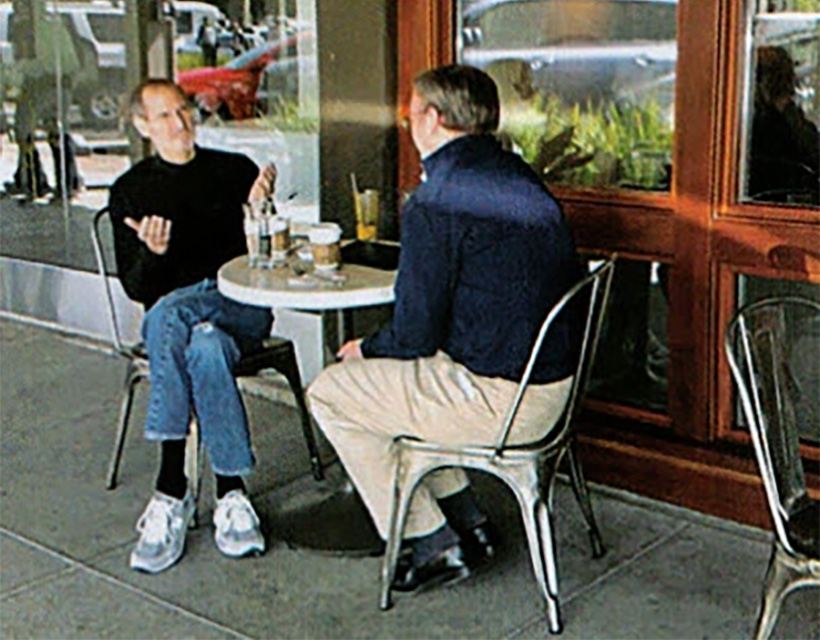
Jobs told Schmidt face to face in no uncertain terms, demanding that Google keep away from iPhone’s concepts.
Whereas Google took quite a defensive stance from the word go: all it did in response to all that was just some trivial poaching attempts at Apple browser’s engineers which in the end led to the company’s having to create their own, completely non-Safari mobile browser (which only made Jobs more mad).
Anyway, it was that Sooner / Dream story which really had led to the enmity and rivalry we have been witnessing for years now, which still remains the modus operandi of those two.
With the slight clarification that it doesn’t. Not completely, not any more.
Because in the end of the day it was money that, as usual, talked again (with a little dash of quality thrown in: the most recent Apple’s attempt to get rid of Google product ended up being a big flop, with the iPhone maker having to apologize to customers and even point them towards just-ditched Google Maps when AppleMaps proved to be quite a measly substitute). And Apple did take a settlement from HTC after all (although it only happened this year).
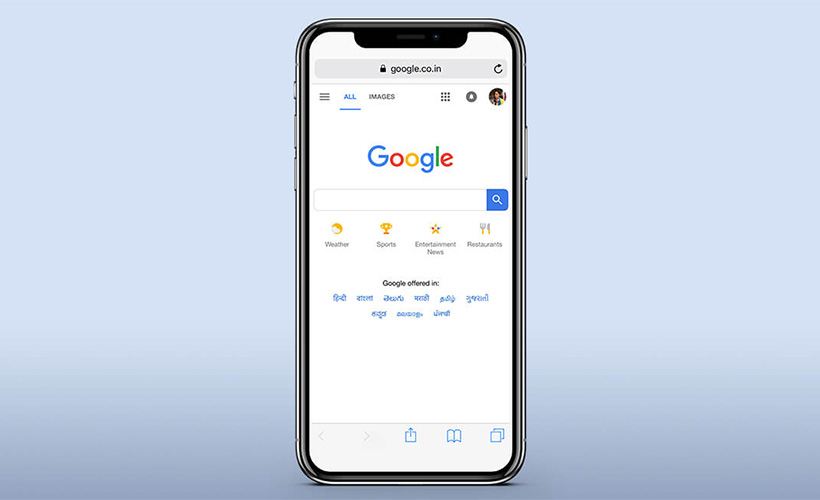
And though it took a billion dollar payment (and a hefty percentage of Google’s future iPhone-related earnings – 34%, to be precise) from the Internet giant to its mighty rival, Google search did ultimately return to Apple’s phones as the default search engine.
And though it took a billion dollar payment (and a hefty percentage of Google’s future iPhone-related earnings – 34%, to be precise) from the Internet giant to its mighty rival, Google search did ultimately return to Apple’s phones as the default search engine. As a result, Google was responsible for five percent of Apple’s profits in 2015.
So, while the two companies are still officially adverse to each other, their current unplesantries are nothing compared to their wars of the past, and the creeping convergence and compatibility growing between their environments shows no signs of subsiding. And if this trend continues (and it looks at the moment that it will), Apple may yet relent and come round, like it has almost done by now in relation to Microsoft to which it also was a mortal enemy back then (and which, may we say, was also accused of stealing ideas repeatedly, and not just by Apple).
So maybe that joke Eric Schmidt told early on, when Google and Apple were still best buddies – about possible merging of the two into a some sort of “AppleGoog” was less far off than he thought himself. True words spoken in jest and all that, you know…
Links
- Apple, Google and a Deal That Controls the Internet – The New York Times
- Sell your old smartphone online – iGotOffer
- Everything About Apple’s Products – The complete guide to all Apple consumer electronic products, including technical specifications, identifiers and other valuable information.

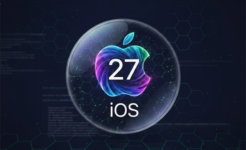
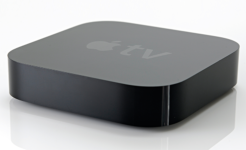
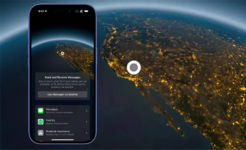
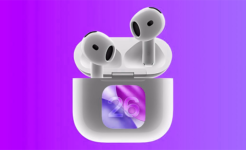
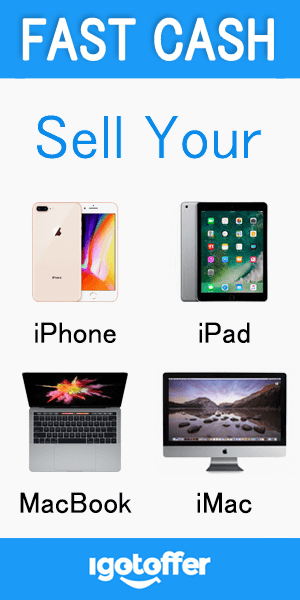
Facebook
Twitter
RSS